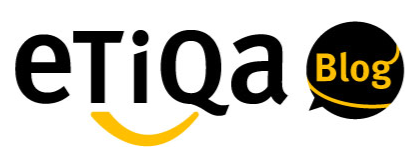Road Scams & How to Avoid Them
If there’s one story we could swap over teh tarik at the mamak, it would be about a road scam experience, either a personal encounter or a story from someone we know. While these unfortunate incidents are not new, they are aplenty and it’s important we understand them so we can protect ourselves from becoming a victim to these experiences. Here are 4 of the most common road scams and what you can do to stay safe.
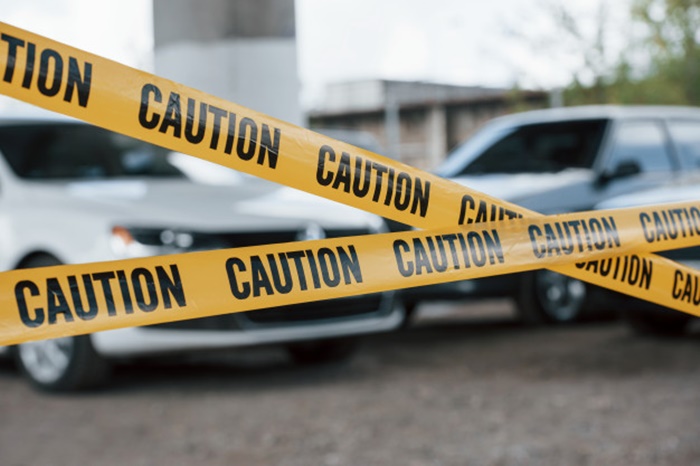
Tow Truck Scams
Ah, the infamous tow truck scam is possibly the most common scam, especially within the Klang Valley. The scammer finds a way to puncture your tire or cause small accidents by placing sharp objects or oil puddles on the road. Within minutes of the accident, they arrive at your location and pressure you to use their service at exorbitant prices. Additionally, your vehicle may be towed to their own workshops where you would have to pay a variety of additional fees.
What you can do:
- Ensure your personal safety and call for help. Get in touch with your insurance company or takaful operator and wait for their instructions.
- If your car is secure, lock yourself in your car and wait for your authorized tow truck to arrive. Communicate with your service representative to find out a security password, plate number, or other methods of identifying the correct tow truck.
- If harassed by the scammers, politely inform them that assistance is on the way. It’s important to stay calm and not succumb to the pressure.
- Jot down the tow truck number of the scammers and proceed to make a police report later.
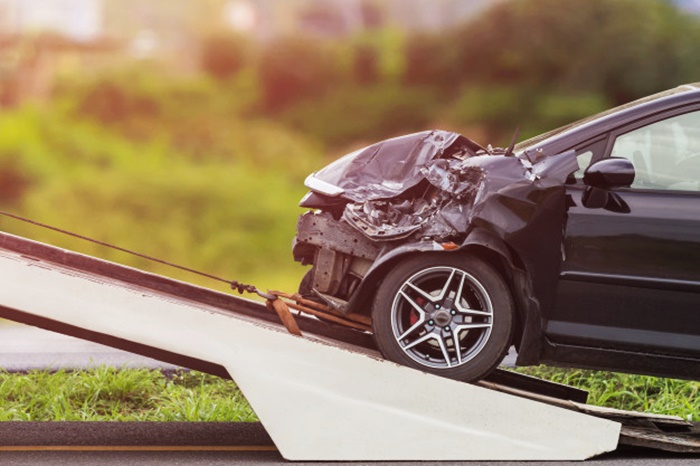
“Your Petrol Cap is Open!”
Designed for theft, this scam method involves a nearby vehicle flagging you down and pointing towards your petrol cap, allowing you to believe it’s open. The purpose of this trick is to get you to pull over and check on your car. Variations of this could be to inform you of a flat tire or that you’ve got something on the top of your car. When you stop to check, they’ll use the opportunity to rob you, harm you, or jump into your vehicle and drive off.
What you can do:
- Continue to drive safely until you’re in a secure place. A police station or a crowded area would be ideal.
- Adjust your side mirrors to carefully check your petrol cap or tires.
- Only exit your vehicle and check it when you’ve arrived at a secured location. Do not stop along highways or secluded locations.
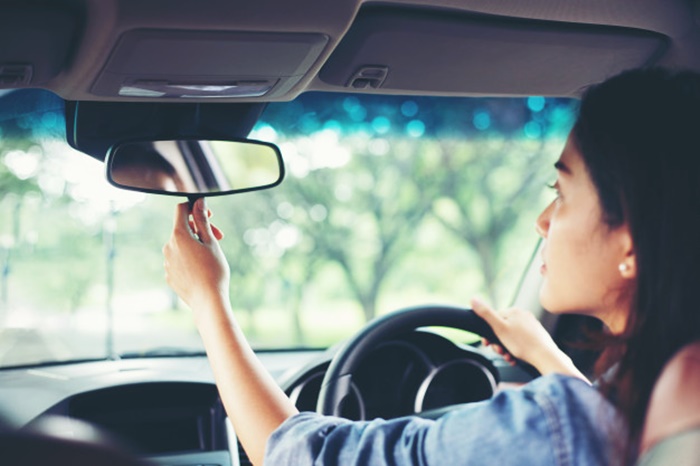
The Fake Accident. Tsk
Especially popular when you’re reversing, the fake accident happens when the scammer props their vehicle extremely close to yours, causing a small accident and blaming you for it. Upon inspection, you might find their vehicle to have more damage than the accident could have caused. They will then pressure you to pay up in cash or to follow them to a pre-arranged workshop where you would be asked to cover a large bill.
What you can do:
- Use your judgement to assess the situation to determine if you should exit your vehicle.
- If you feel the accident was a set up, take note of the vehicle’s details from the safety of your car.
- Open your window very slightly and inform the other party that you will be heading to the nearest police station.
- Do not stop along the way to inspect your vehicle for damage. Wait until you’ve reached the police station to do the necessary.
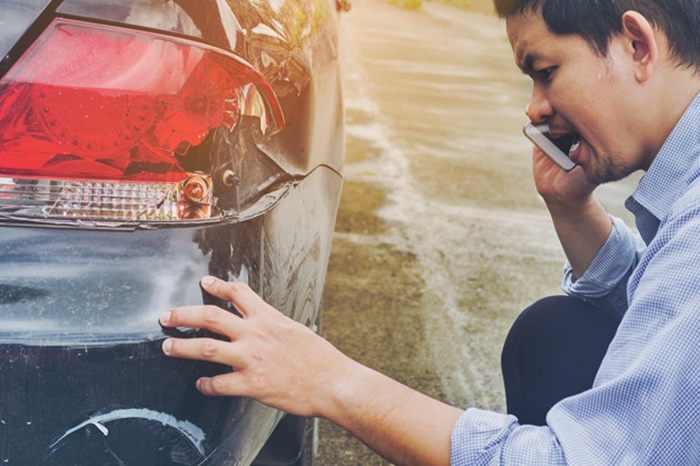
The Fake Accident v. 2.0
Another popular trick is a variation of the ‘fake accident’ mentioned earlier. The scammer drives in front of you while speeding then hits their brakes suddenly, causing you to hit them from behind. Generally, the person who is at the back is usually the one who will be held responsible for an accident. From here, the scammer is known to ask you for money or insist you follow them to a nearby workshop.
What you can do:
- Always be cautious of your surroundings and maintain a 2-car distance with the vehicle ahead. If you notice a vehicle driving recklessly by speeding and braking suddenly, switch lanes or slow down until they’re far ahead.
- In the event of a collision from an ‘emergency brake’, take note of the vehicle’s details and drive off to the nearest police station to file a report.
We hope these quick tips come in handy should you ever find yourself in one of these unpleasant situations. Don’t forget to share this article with friends and family so we can raise awareness of road scams together. Drive safe!
The information contained in this blog is provided for informational purposes only, and should not be construed as advice on any matter. Etiqa accepts no responsibility for loss which may arise from reliance on the information contained in the article.
